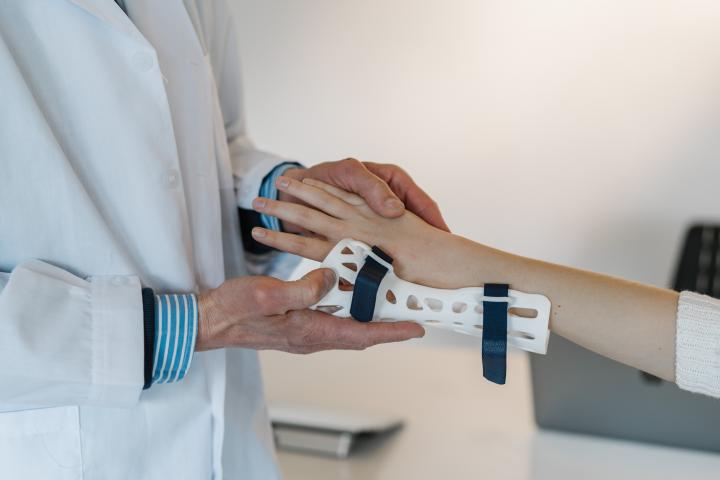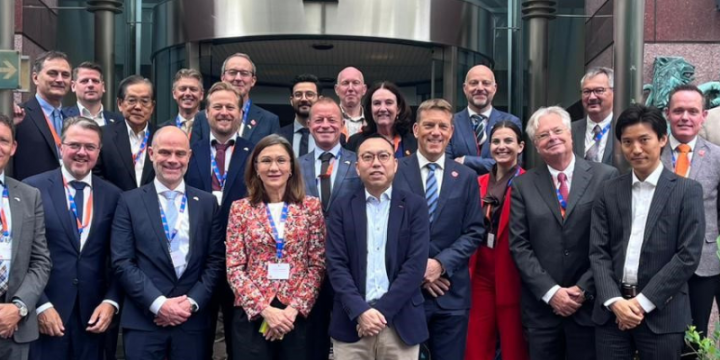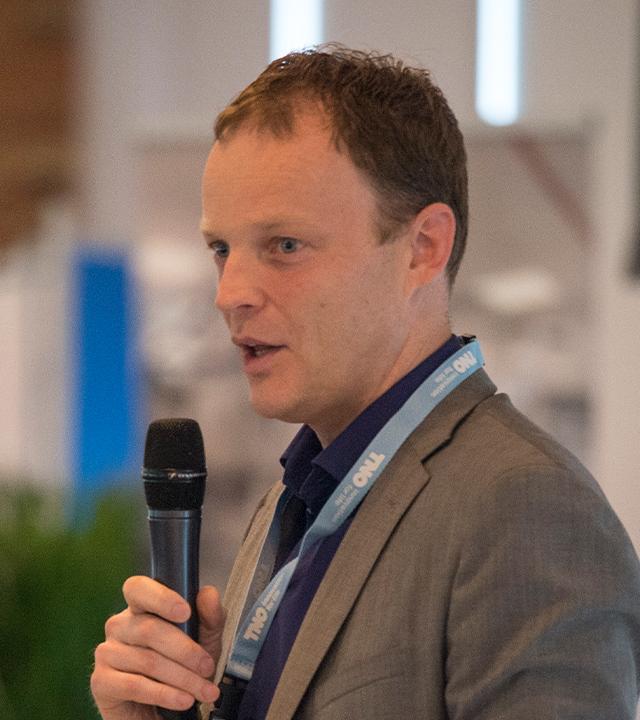
Veel technologische ontwikkelingen staan in het teken van miniaturisering. Dat betekent dat apparaten en hun onderdelen steeds kleiner worden. Nanotechnologie is het domein van afmetingen kleiner dan het 10.000e deel van een millimeter. Op die schaal kunnen eigenschappen van materialen opeens veranderen. Bijvoorbeeld een stof die niet geleidend is, wordt in dit gebied opeens (super)geleidend. En een geleidende stof kan zijn geleidende eigenschappen juist verliezen.
Wat is de waarde voor de Nederlandse hightech industrie
In de micro-elektronica hebben componenten al zulke kleine afmetingen dat we gaan spreken van nano-elektronica: op de nieuwste chips worden lijntjes van enkele tientallen nanometers breedte aangebracht. De verwachting is dat deze trend van miniaturisering zich fors zal uitbreiden. Nanotechnologie is geen eindproduct en óók daardoor vrijwel onzichtbaar. Het is een technologie die onontbeerlijk is om het hoofd te bieden aan maatschappelijke uitdagingen. Veelbelovende toepassingen zijn er onder andere bij de energietransitie, duurzaamheid en op medisch gebied.
Het klimaatakkoord kan alleen bereikt worden door bewuster en efficiënter om te gaan met energie. Kunnen we het rendement van zonnecellen verhogen tot hun theoretische limiet? Kunnen we deze theoretische limiet overtreffen door gebruik te maken van nanotechnologieoplossingen? Nanotechnologie maakt zonnecellen mogelijk met een significant hogere opbrengst dan conventionele zonnecellen door gebruik te maken van nanolagen, nanomaterialen en oppervlakken met nanopatronen. Nanotechnologie maakt het mogelijk lichtere batterijen met een hogere capaciteit te ontwikkelen, zodat we duurzaam opgewekte energie ook kunnen opslaan.
Ook op het gebied van duurzaamheid kan nanotechnologie innovatieve oplossingen bieden. Sterk verbeterde gebruik en hergebruik van materialen, waterfiltratie door middel van membranen met nanopatronen en -structuren, milieubewaking met sensoren op basis van nanotechnologie zijn slechts enkele voorbeelden.
Voor het verbeteren en betaalbaar houden van de gezondheidszorg kunnen de bijzondere voordelen van nanotechnologie ook worden toegepast. Zo maakt nanotechnologie gezondheidsmonitoring vanuit huis mogelijk door miniaturisering van sensoren; op basis van nanofotonica en nano-elektronica. Met laboratorium-op-chip en organen-op-chip kan betere medicatie sneller worden ontwikkeld en worden afgestemd op individuele behoeftes. Nanodeeltjes bieden de mogelijkheid om kankercellen goed zichtbaar te maken en medicatie selectief naar kankercellen te transporteren.
We staan aan de vooravond van een technologische revolutie waarbij quantumcomputers, quantumsimulators, quantumnetwerken en quantumsensoren de mogelijkheden van de huidige computers en software zullen overstijgen. Ook hier is de inzet van nanofabricage en nanoschaalconnectiviteit & -elektronica onontbeerlijk.
Door de brede toepasbaarheid van nanotechnologie is deze technologie ook voor Nederland van groot belang. Het geraamde exportpotentieel van alleen al het MKB wordt geschat op meer dan 1 miljard euro. Er werken op dit moment ongeveer 8000 mensen in de nano-gerelateerde midden- en kleinbedrijven die producten en diensten leveren, die alleen tot stand kunnen komen dankzij de sleutelnanotechnologie.
Wat doen wij als Holland High Tech
Holland High Tech ondersteunt de sector door het financieren van onderzoek en innovatie bij het vinden van de juiste partners binnen bedrijfsleven, overheid en onderwijs. We leveren een bijdrage aan het internationale perspectief.
Roadmap Nanotechnologie
In de Holland High Tech Roadmap 2020-2030 lees je hoe de nanotechnologiesector zich ontwikkelt de komende tien jaar. Deze roadmap is een visie van belanghebbenden op de R&D-behoeften van de Nederlandse sector tot 2030. Deze roadmap is bedoeld als leidraad voor doorontwikkeling voor de industrie en haar stakeholders en voor een ondersteunende strategie van de overheid om zo, gezamenlijk met het onderwijs, optimaal door te ontwikkelen en bij te dragen aan oplossingen in dit decennium.
Volg ons op YouTube
Bekijk onze video's over hightech innovaties en samenwerkingen. Abonneer je op ons YouTube-kanaal.

Quantum Networks and security for Production Optical Networks
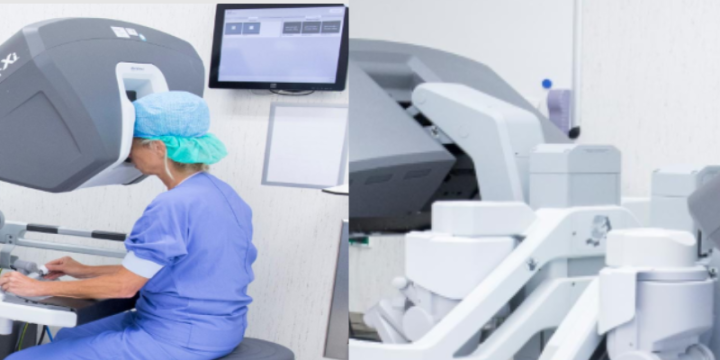
AugMenting Protection of communication LInes For quantum-resistant network securitY
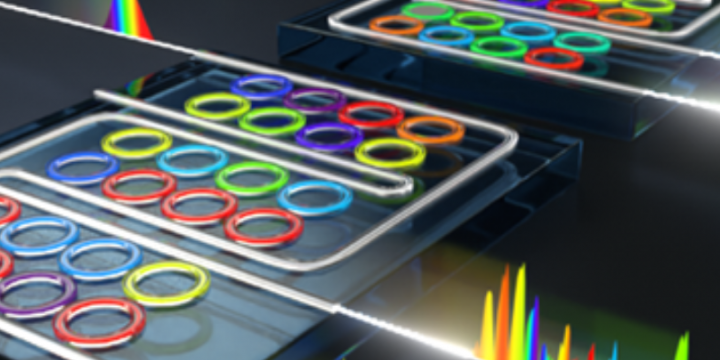
UT-Saxion Quantum-Authenticated Quantum Communication Line
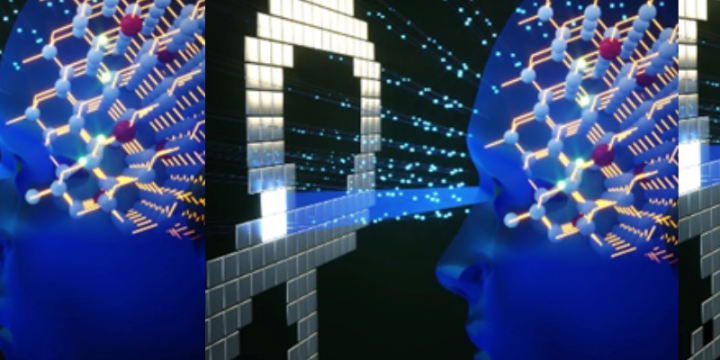
Scalable Yield of Neural Architectures in Processing with Semiconductor Engineering
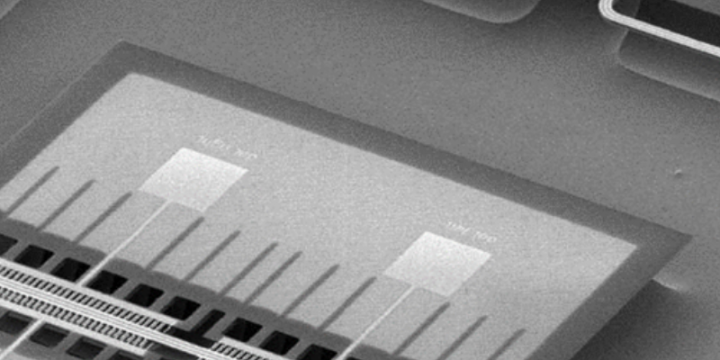
Micro Coriolis mass flow sensors for gas flows
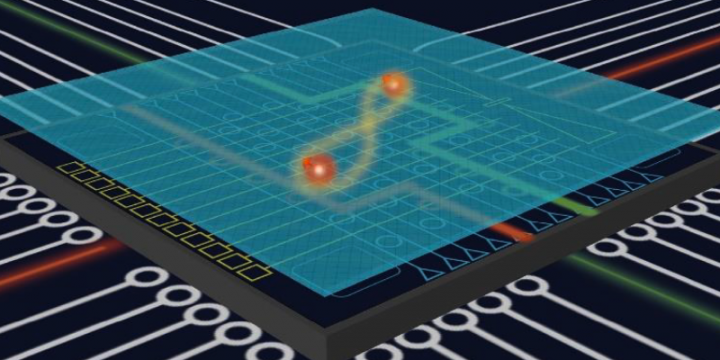
Creating Atomically Smooth Diamond Materials For Quantum Computing
Roadmapteam Nanotechnologie
Actuele dossiers
Wat speelt er in het ecosysteem? Blijf op de hoogte van de meest up-to-date ontwikkelingen in de topsector en ontdek de laatste hightechtoepassingen en lopende onderzoeken.
